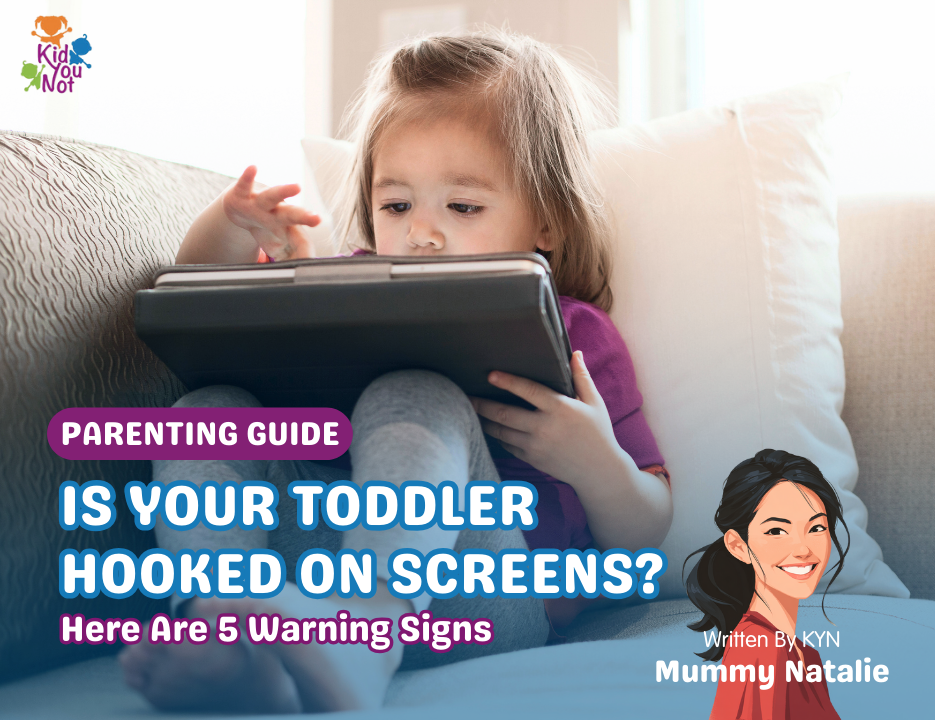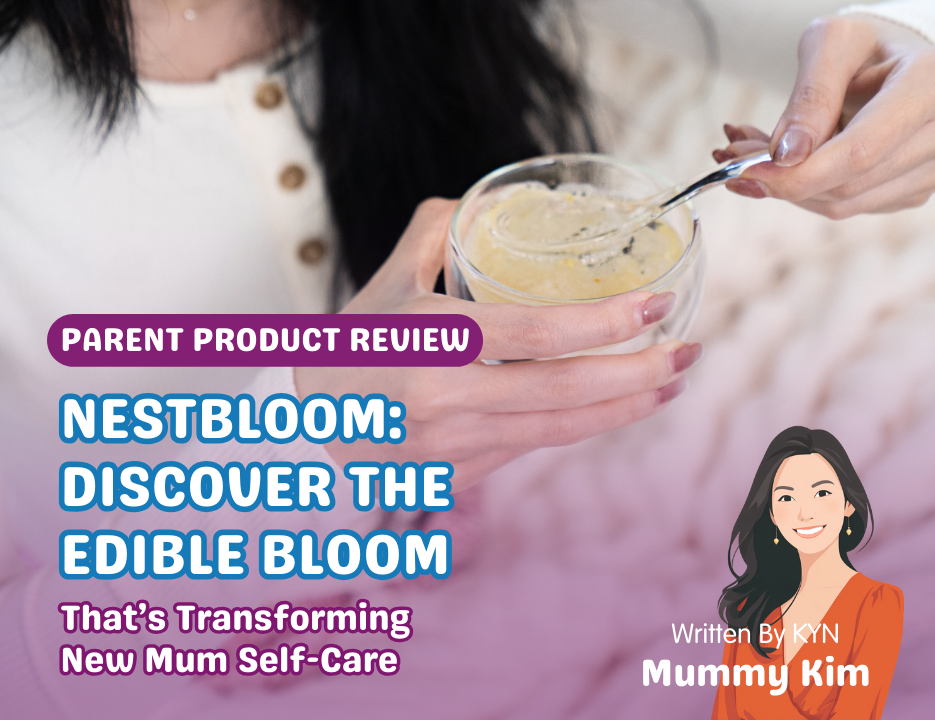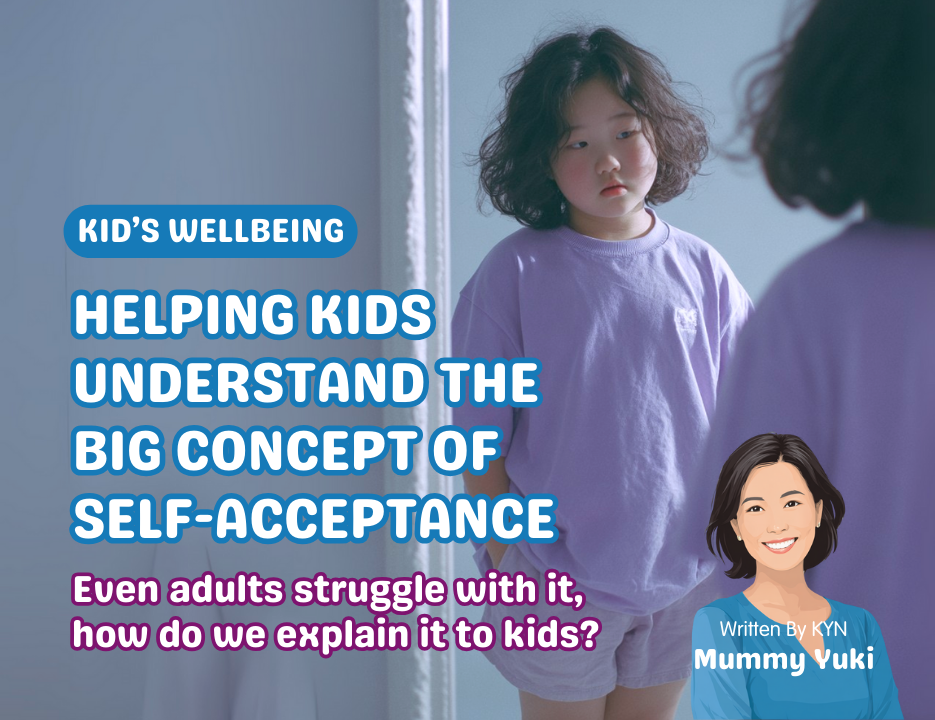As a parent, I know how tempting it is to hand a tablet or phone to a restless toddler. Honestly, some days it feels like a lifesaver! But PM Lawrence Wong recently reminded us that infants and toddlers should have no screen time, highlighting that overuse in these early years can affect brain development, attention, and social skills.
In his National Day Rally 2025 speech, PM Wong addressed the challenges posed by rapid technological advancements, including the impact of screen time on young children. He emphasised the need for a balanced approach to technology use, advocating for guidelines that promote healthy development in children.
This resonated with me deeply. It got me thinking about how easy it is for screen habits to creep in, especially around age three and how we, as parents, can spot the signs early and guide our little ones towards healthier routines.
Why 3-Year-Olds Are Especially Vulnerable
Three-year-olds are curious, energetic, and constantly exploring the world. But their brains are still developing rapidly, which makes them especially impressionable:
-
Attention & Self-Control: Fast-moving videos can overstimulate toddlers, making slower-paced real-world play feel less interesting.
-
Imitation & Habit Formation: Kids love to copy what they see. If screens become a regular habit, they expect it constantly.
-
Emotional Comfort: Screens can calm frustration in the moment, but relying on them too often may slow the development of natural coping skills.
5 Signs Your Toddler Might Be “Addicted” to Screens
1️⃣ Tantrums or irritability when screens are removed – Your toddler may get upset, frustrated, or even throw fits when devices aren’t available.
2️⃣ Preference for screens over toys or play – Even favourite toys or outdoor games lose appeal compared to the tablet or TV.
3️⃣ Difficulty focusing on interactive or imaginative play – Activities that don’t involve screens might feel boring or frustrating.
4️⃣ Reduced social interaction – Your toddler may avoid engaging with siblings, family, or peers, preferring digital content instead.
5️⃣ Constantly seeking digital stimulation – Always asking for videos, games, or apps, even during mealtimes or quiet play.
If you’ve noticed any of these behaviours, don’t panic! It’s something many parents face in today’s screen-filled world.
What You Can Do: Practical Tips for Parents
-
Set Clear Limits: Follow Singapore MOH guidance – toddlers 18–36 months should have less than 1 hour/day of quality screen content. Infants under 18 months should avoid screens entirely, except for video calls.
-
Offer Alternatives: Hands-on play, reading, songs, outdoor exploration, or simple chores engage curiosity without screens.
-
Model Healthy Behaviour: Try to limit your own screen use during family or playtime, toddlers do notice and imitate!
-
Transition Gradually: Slowly replace screen routines with engaging activities, so your toddler adapts without stress.
Screen-Free Mealtimes Are a Game Changer
Mealtimes are a perfect opportunity to reduce screen reliance. In the past, parents kept children occupied with conversation, helping serve food, or involving siblings. Today, screens are often the go-to “peacekeeper,” but screen-free meals help toddlers learn:
-
Communication and social skills
-
Patience and attention
-
Healthy eating habits
-
Family bonding
Even 5–10 minutes of story, songs, or helping with food can make mealtimes interactive and enjoyable.
Final Thoughts from Mummy Natalie
Habits formed at age three can stick for years. Early childhood is a critical window for developing attention, social skills, and emotional regulation. Real-world interaction, play, and guidance from parents are far more valuable than screens.
As PM Lawrence Wong reminded us, screens shouldn’t be used as babysitters. With mindful limits, interactive alternatives, and your modelling of healthy habits, you can help your toddler grow curious, confident, and resilient, even in a digital world.
Hello! I am Mummy Natalie

I am one of the editors of KidYouNot Parenting Blog! coffee is my life saviour as a mum of two. My parenting philosophy? Hugs, love, and lots of patience (because honestly, some days need all three). I enjoy sneaking in kopi breaks, spontaneous family makan sessions, and turning everyday chaos into fun memories.
Join KidYouNot SG Parenting Community
Sign up to become a member and gain access to exclusive parenting tips, special deals, and early updates on new products and events.
Follow us on Instagram and Telegram to connect with other parents, share your journey, and enjoy fun, supportive content every day!





